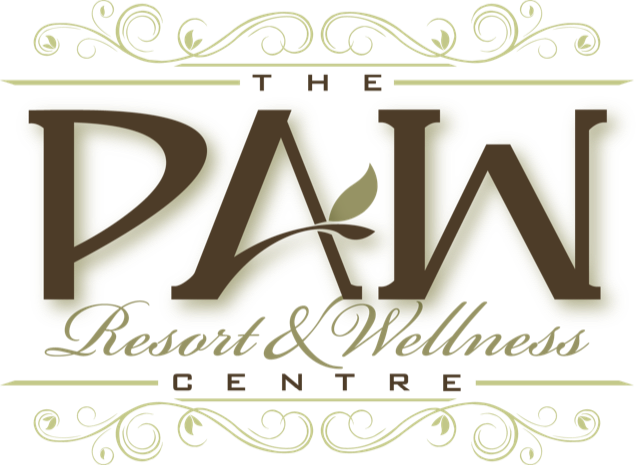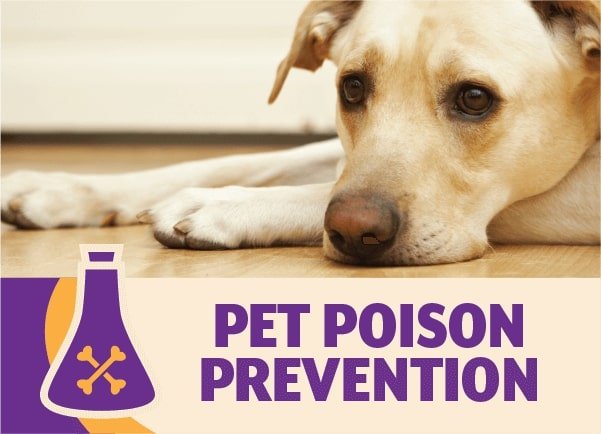Whether you have a cat or dog, your beloved furbaby is definitely a pretty curious one. That’s why he or she has gone through your things, toppled over trash cans and more. Don’t worry, they’re not alone; curiosity is natural for pets.
Unfortunately, that curiosity can lead to tricky circumstances. They can get sick or worse if they end up taking in toxic and/or poisonous food or even chemicals. It’s important to keep pets safe from accidentally ending up poisoned! So much so, in fact, that there’s a dedicated month for poison prevention.
Read on to learn more about how to keep your pets safe from poison:
Keep Pets Safe By Making Sure Medication Is In A Safe Place
Accidental poisonings happen when pets (and even kids) get their hands on medications meant for adults. It’s important for medications to be put in a secure, safe location. This isn’t just about antibiotics, either. Over-the-counter (OTC) medications can be just as dangerous. Ibuprofen or acetaminophen are great for helping human pains and aches. However, for cats and dogs, that can trigger liver or kidney failure.
According to the Pet Poison Helpline, their calls usually come from pet owners whose furkids ingested antidepressants. That can lead to lethargy, tremors, incoordination and seizures.
Keep Pets Safe From Poison By Keeping Certain Foods Away
There are quite a number of human foods that will be very counterproductive for animals. Keep your cat or dog away from the following foods:
Caffeinated Beverages (Tea, Soda, Energy Drinks, Coffee, etc.) – As tempting as it might be to snap a photo of Fluffy taking a sip from your morning cuppa, get it away from them quickly! It can lead to elevated heart rate, high blood pressure or vomiting. The worst case scenario is fatal. This includes coffee beans, loose tea and tea bags, all of which have high caffeine concentrations.
Chocolate – Pets find theobromine and caffeine toxic; both of these are found in chocolate. Baking and dark chocolate in particular are rich in theobromine, which is extra dangerous for cats and dogs.
Garlic and Onions – Foods that have dried, fresh or powdered chivs, garlic, leeks, onions, scallions or shallots can lead to serious damage in the RBC (red blood cells) of your pets. It will seriously impact their ability to efficiently transport oxygen.
Grapes and Raisins – These can trigger kidney failure in pets and, in extreme cases, be fatal.
Sugar-Free Foods With Xylitol – Xylitol is essentially a sugar alcohol that’s used as flavoring for sugar-free gums, vitamins, baked goods, toothpaste and more. It can be extremely dangerous for pets should they accidentally ingest them.
Keep Pets Safe With Antifreeze That’s Pet-Safe
While pets generally like the sweet taste of antifreeze, they can easily overdose from even just a few licks or sips of it. Chemicals known as glycols are used in antifreeze, but they’re also found in other products including printer ink, snow globes and eye masks. If a pet (or even you) ingests these items, they could cause poisoning.
Conclusion
Cats and dogs are naturally curious, and they have a tendency to at least try something if it looks like food. While curiosity isn’t necessarily a bad thing, when it comes to ingestion, it can be dangerous. Keeping pets safe from poisoning this poison prevention month includes using pet-safe antifreeze, storing medication in a safe place and making sure they avoid foods like chocolate, garlic and onions.
Need to get dog boarding in Brandon, MB? Contact The Paw Resort & Wellness Center today! We love what we do and that’s love your pet too.


Post Comment